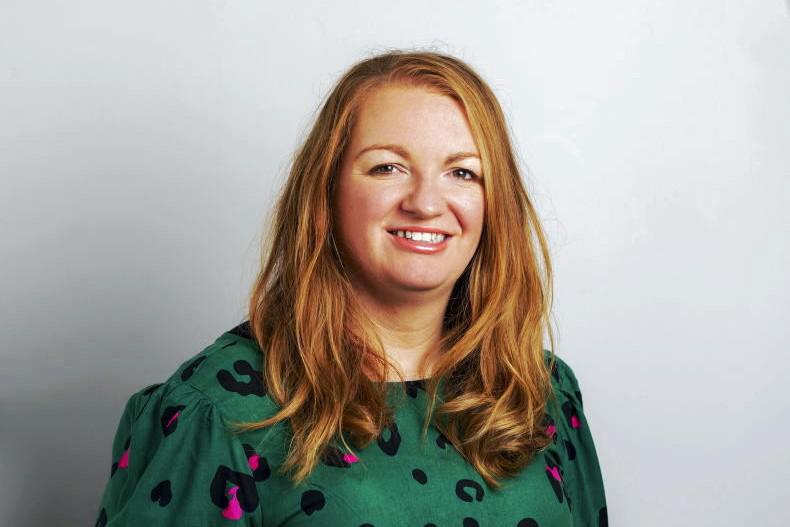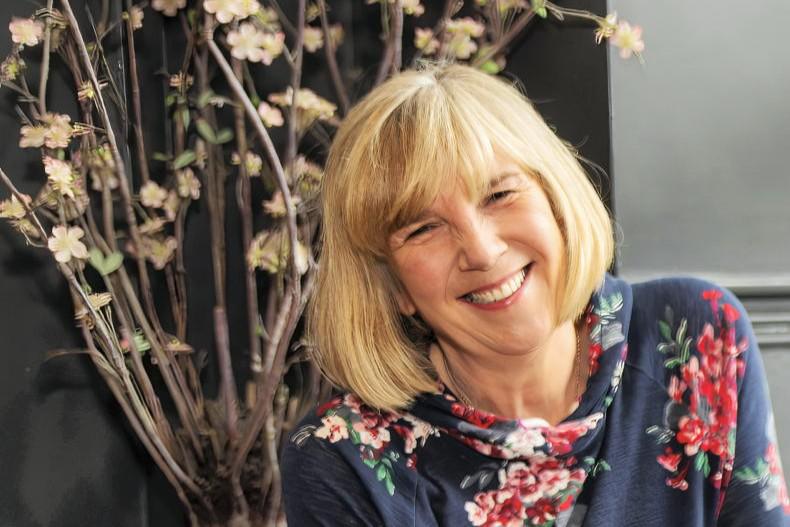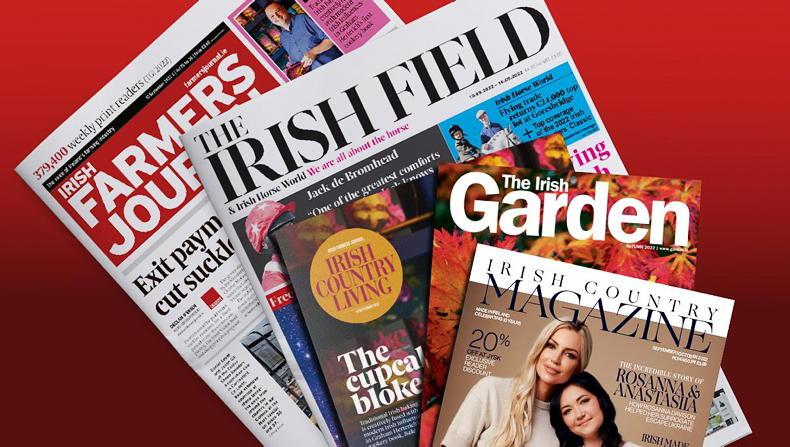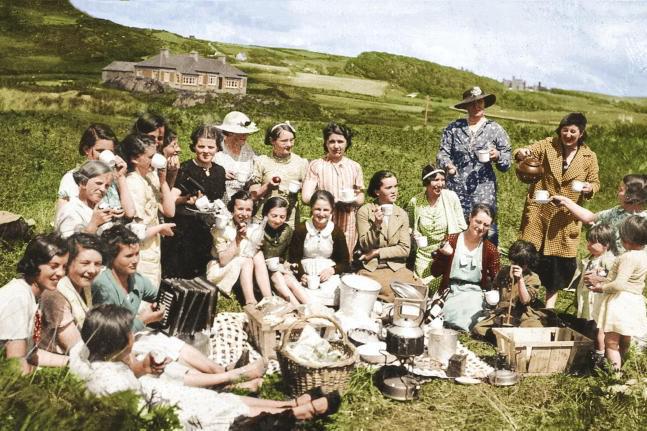My decision from the age of about 10 to follow Cavan and Manchester United would in any other orb be best described, using modern lexicon, as a form of self harming. This was the 1980s when the prospects of both were about as grim as finding a millionaire Irish ice-cream seller.
So I clearly remember 6 November 1986 and the news that Alex Ferguson was leaving Aberdeen to become the new Manchester United manager. And I clearly recall being excited at the prospect. It would be a further eight years before Martin McHugh took charge of Cavan. Both men managed to steer my two great sporting loves to their respective Holy Grail. McHugh is now a good friend. Ferguson, a sporting hero.
As the Fergie influence began to take effect and the ABU (anyone but united) movement started to gain traction in tandem, a friend of mine who was a diehard Celtic fanatic used to lambast me for having the temerity to mention Ferguson’s name in his company. Ferguson had played for Rangers, a protestant from Govan.
“He hates the Irish,” was a common allegation of the time as jealous Irish ABUs scrambled for retaliatory ammunition to United’s resurrection from the ashes.
But as time moved on, the myth of bigotry evaporated as Ferguson’s connections, love and respect for Ireland and the Irish rang true. His brother and father supported Celtic. His mother was a Catholic, as is his wife Cathy who was from Irish stock.
Up until his retirement five years ago, there was always an Irish-born player on the United squad during his 26 years as manager. He made one of them, Roy Keane, his captain. And I’m sure Denis Irwin would be in his all-time best XI while Paul McGrath has nothing but praise and respect for his old boss despite old rumours to the contrary.
No other club in England, or Scotland for that matter, could claim such a consistent representation of Irish players from North and South as there was during Ferguson’s reign as Manchester United manager. In fact, by my reckoning, 14 Republic of Ireland internationals played under him at Old Trafford. Not bad for a man who was “anti-Irish”, eh? Away from the pitch, it has been well documented recently, his profound knowledge of Irish history and respect for Michael Collins, as told to the late Colm Murray in an RTÉ documentary from a few years ago. Colm was a friend, one of many Irish friends Ferguson has, particularly in horse racing circles. He famously fell out with John Magnier and JP McManus over Rock of Gibraltar but his bond with Irish racing and the Irish racing fraternity is unquestionable.
So what’s my point? Well, Alex Ferguson is a football legend of our time and there will never be his likes again. But for Irish supporters of Manchester United, it has been all the more special that he appreciated the strong Irish ethos at the club and his confidence in buying Irish players, particularly when you look at the make-up of the Premier League today where there is but a trace of Ireland at player or management level, whatever about England.
News of his recent ill health was met with great sympathy and support both inside and outside Old Trafford because it is fair to say the Premier League has not been the same without him. Get well soon Alex. CL
Darkness into light
I joined 12,000 other people in the Phoenix Park last Saturday morning for Pieta House’s Darkness into Light walk. There is still a good bit to go but the issue of mental health is mainstream now in the minds of us all. And those who suffer should take succour. If you need to find your local Pieta House, visit http://www.pieta.ie/contact-us









SHARING OPTIONS